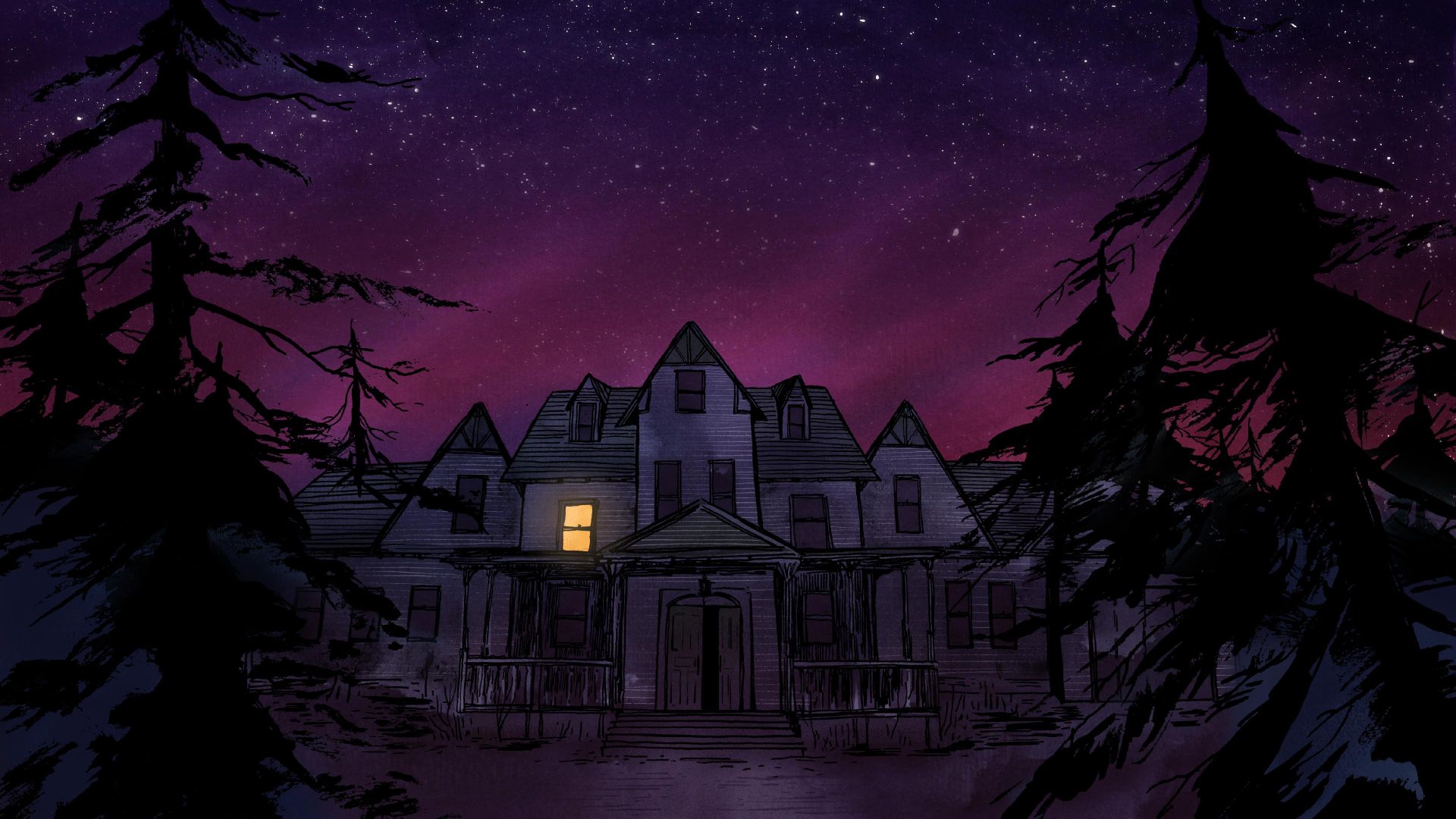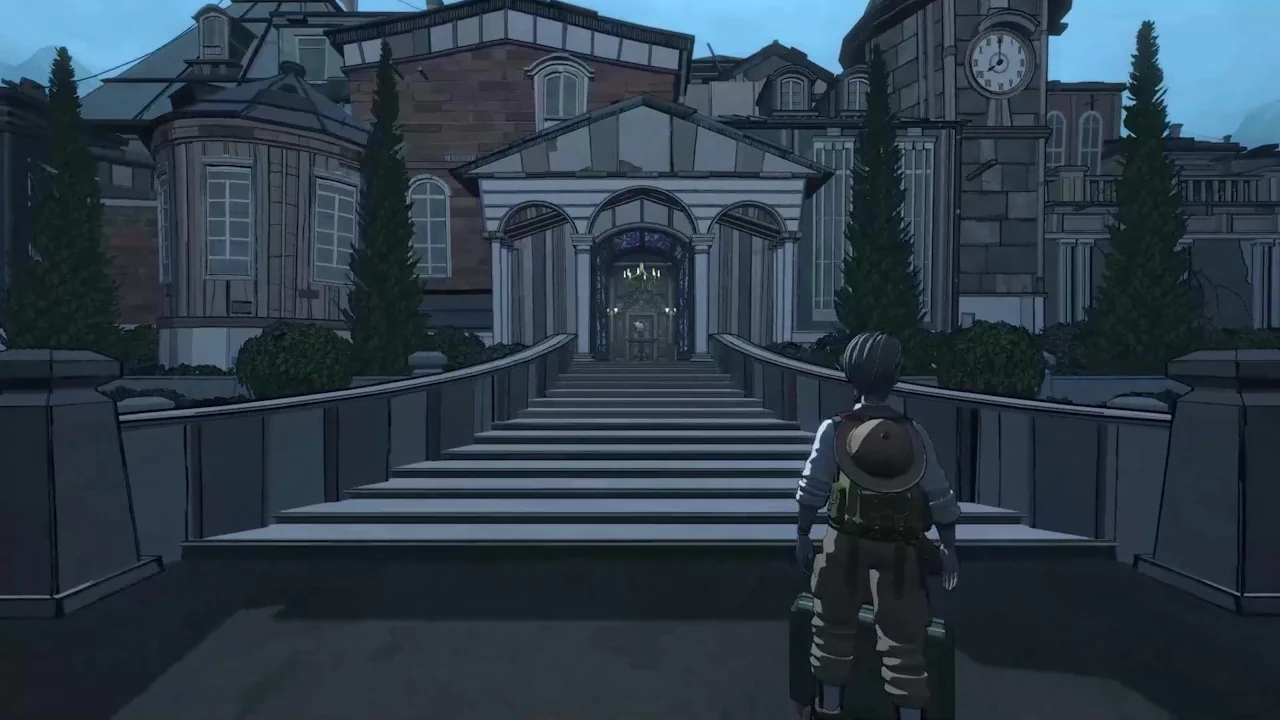There’s a particular kind of video game that I keep coming back to. Games where nothing really happens—at least, not in the traditional sense. No enemies to fight, no demons to chase you (aside from the ones in your head), no world to save. Just a house. Empty, creaking, quietly unsettling.
It’s a strange genre, if you can even call it that. A space where narrative, sound design, and architecture do all the heavy lifting. And somehow, these quiet experiences often leave a deeper emotional mark than more action-packed titles ever do.
Blue Prince is a perfect recent example. You explore an impossibly large, ornate house. Although you never actually meet another character, there’s an oppressive sense that you’re not alone. The quiet dread of being watched is ever-present, though you never quite catch anything in the act. It’s elegant and sinister in equal measure—a dream you don’t want to wake from, and a nightmare that never fully arrives.
That feeling deepens as you move through the mansion. A darkroom flickers into black. The slow tick-tock of a grandfather clock grows louder. Were those ornaments knocked over earlier? It’s a foreboding space—but somehow, there’s comfort in the emptiness.
Then there’s Gone Home, set in a familiar suburban house on a stormy night. The premise is simple: you’re looking for your family. But the atmosphere suggests otherwise. Thunder rumbles outside, lights flicker, and footsteps echo through empty halls—never yours. It’s all masterfully designed to make you feel like something terrible is just around the corner. But it never comes. And somehow, that restraint is what makes it unforgettable.
Everybody’s Gone to the Rapture and What Remains of Edith Finch carry that same quiet weight. Both are drenched in absence. You wander through beautiful, eerily still environments, piecing together stories left behind. You’re surrounded by traces of life, but no living people. It’s melancholic, immersive, and profoundly human. These aren’t horror games, yet they haunt you anyway.
What ties all these games together is a sense of stillness. An atmosphere thick with memory and suggestion. They’re less about doing, more about being. Existing in a space. Observing. Absorbing. There’s no overt threat, but the tension is palpable. The house becomes the protagonist. The silence, a character in its own right.
Maybe it’s a niche genre. Maybe it doesn’t have a name at all. But there’s something incredibly compelling about these quiet, ominous explorations—games where the scariest thing might just be your imagination filling in the blanks.
And maybe, just maybe, empty houses are my favourite place to be.





Leave a Reply
You must be logged in to post a comment.